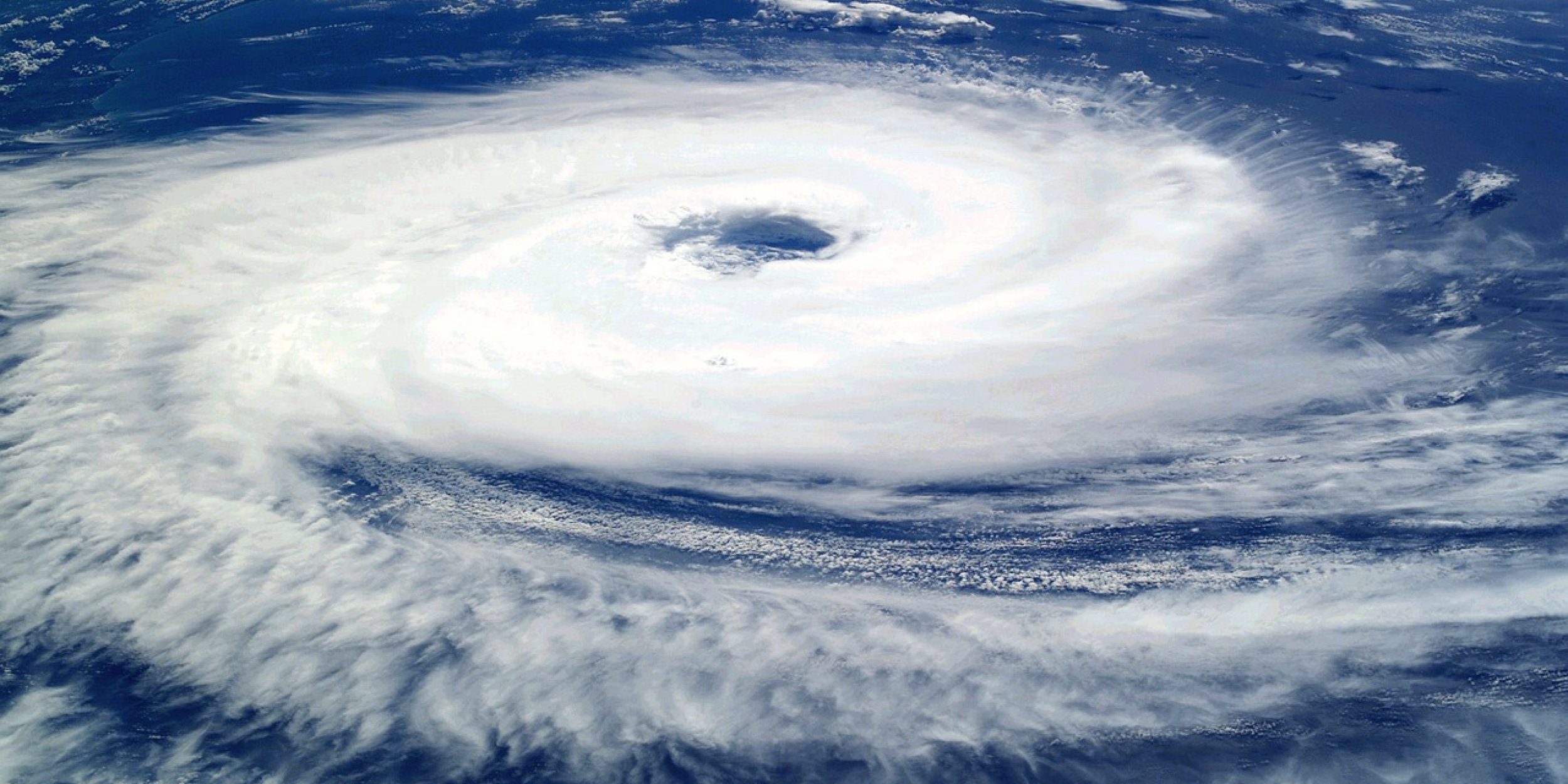Tropical cyclones are rotating storm systems originating over tropical oceans, and their formation is connected to feedbacks involving solar radiation and fluxes of heat and energy from Earth’s surface. A great deal of previous research has focused on the processes which promote the development of these storms, but they are not fully understood at a level of fine detail. Global climate models (GCMs), even those with low resolution, are able to simulate some rotation patterns of tropical cyclones, but biases are more prominent at lower resolutions.
A recent study, partially funded by CPO’s Climate Observations and Monitoring (COM) and Modeling, Analysis, Predictions and Projections (MAPP) Programs, uses a high resolution GCM to characterize interactions between radiation, moisture, and circulation in tropical cyclones of various intensities. A group of researchers, including COM-supported scientist Gabriel Vecchi of Princeton University and MAPP-supported scientist Brian Soden of the University of Miami, ran a number of experiments using their model to determine the impact of each variable on tropical cyclone size, position in the atmosphere, frequency, and intensity. These results, published in the Journal of Climate, demonstrate a better understanding of the processes of tropical cyclone formation, which will help to develop models and future projections. This study was supported by the COM Program to enhance the quality of climate datasets to improve projections of important climate phenomena, while MAPP Program support is geared towards addressing key issues in processes represented in Earth system models.



